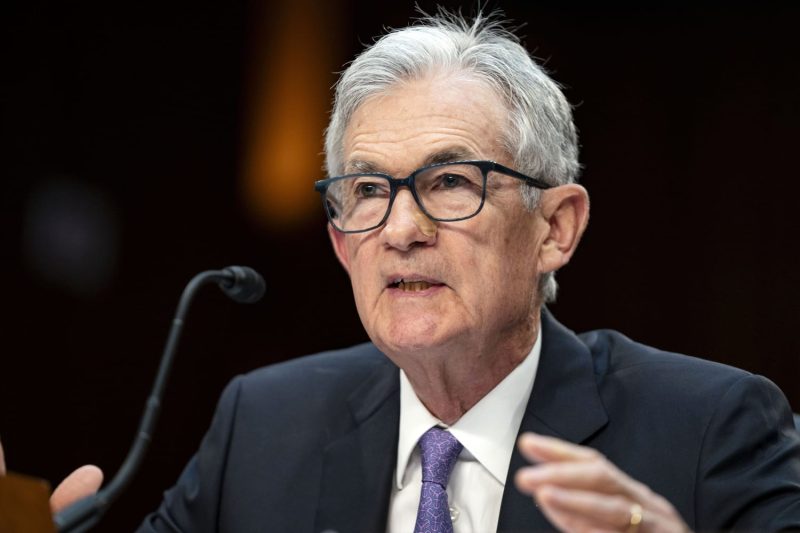In a recent statement, Federal Reserve Chair Jerome Powell emphasized the potential risks associated with maintaining high interest rates for an extended period. Powell’s remarks come at a critical juncture as the Fed continues to navigate the complex task of balancing economic growth and inflation pressure.
One of the key concerns raised by Powell is the impact that prolonged high interest rates can have on economic growth. By making borrowing more expensive for businesses and consumers, elevated interest rates can dampen investment and spending, thereby curbing overall economic activity. This, in turn, can lead to a slowdown in job creation and wage growth, which are crucial indicators of a healthy economy.
Moreover, Powell highlighted the importance of ensuring that inflation remains stable and within the Fed’s target range. While higher interest rates can help contain inflationary pressures by cooling off excessive demand, keeping rates too high for an extended period could hinder the central bank’s ability to achieve its inflation target. This delicate balancing act underscores the necessity for the Fed to carefully monitor economic indicators and adjust its policies as needed to support sustainable growth.
Furthermore, Powell’s comments underscore the evolving nature of the Fed’s monetary policy approach. In recent years, the central bank has adopted a more flexible and data-driven approach to interest rate decisions, aiming to respond swiftly to changes in economic conditions. By remaining vigilant and nimble in its policy decisions, the Fed seeks to strike an optimal balance between supporting economic growth and maintaining price stability.
Looking ahead, the Fed faces a challenging task in navigating the uncertainties surrounding inflation, economic growth, and global developments. While the central bank has signaled its intention to gradually normalize interest rates, Powell’s remarks highlight the importance of maintaining a cautious and adaptive approach to policy decisions.
In conclusion, Federal Reserve Chair Jerome Powell’s warning about the risks of holding rates high for too long serves as a timely reminder of the complexities involved in managing monetary policy. As the Fed seeks to promote sustainable economic growth and price stability, it must carefully weigh the trade-offs associated with interest rate decisions and remain attuned to evolving economic conditions. By staying flexible and responsive, the central bank can better position the economy for long-term prosperity.

